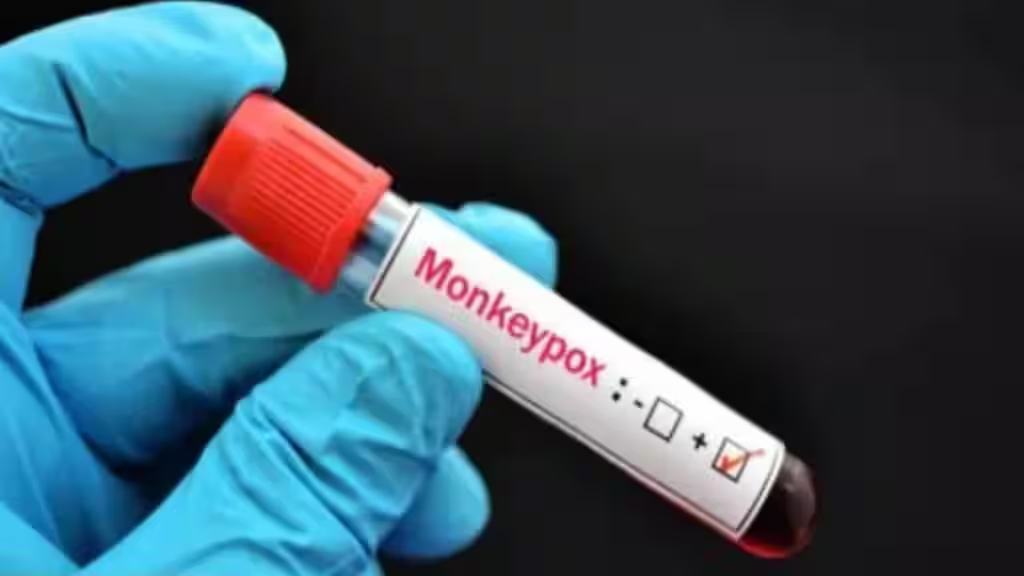Suspected Mpox Case Detected in India, Patient’s Condition Stable
A young male patient who recently returned from a country experiencing Mpox (monkeypox) transmission has been identified as a suspected case of the virus, the Union health ministry announced on Friday. The individual has been isolated at a designated hospital, and his condition is reportedly stable. Samples have been taken for testing to confirm whether he has contracted Mpox.
“The patient’s samples are undergoing testing to verify the presence of Mpox. The case is being handled in line with established protocols, and contact tracing is underway to assess potential sources and limit any impact within the country,” the ministry stated. It emphasized that there is no cause for alarm, as the situation is consistent with earlier risk assessments by the National Centre for Disease Control (NCDC).
“The country is well-prepared to manage isolated, travel-related cases, with robust measures in place to mitigate any potential risks,” the ministry assured. The suspected Mpox case in India was identified three weeks after the World Health Organization (WHO) declared the outbreaks in 12 African countries a global health emergency.
Simultaneously, the Africa Centers for Disease Control and Prevention (Africa CDC) and the WHO have launched a six-month, continent-wide response plan to address the Mpox outbreak, with an estimated budget of nearly $600 million. The plan focuses on surveillance, laboratory testing, and community engagement, as announced by Africa CDC director-general Dr. Jean Kaseya.
Congo, the epicenter of the global health crisis, received its first batch of 100,000 JYNNEOS vaccines on Thursday, donated by the European Union through its health emergency agency, HERA. These vaccines are critical for protecting health workers and vulnerable populations, but the doses represent only a small portion of the 3 million vaccines needed to curb the outbreak in Congo.
The vaccine rollout in Congo will initially target adults who have had close contact with infected individuals, as well as sex workers, although the campaign’s start date remains unclear. Additionally, the European Medicines Agency is evaluating data to determine whether the vaccine can be administered to children aged 12 to 17, with a decision expected by the end of the month.
(With inputs from agency)
Share your news, articles, deals, columns, or press releases with us! Click the link to submit and join our platform today.


